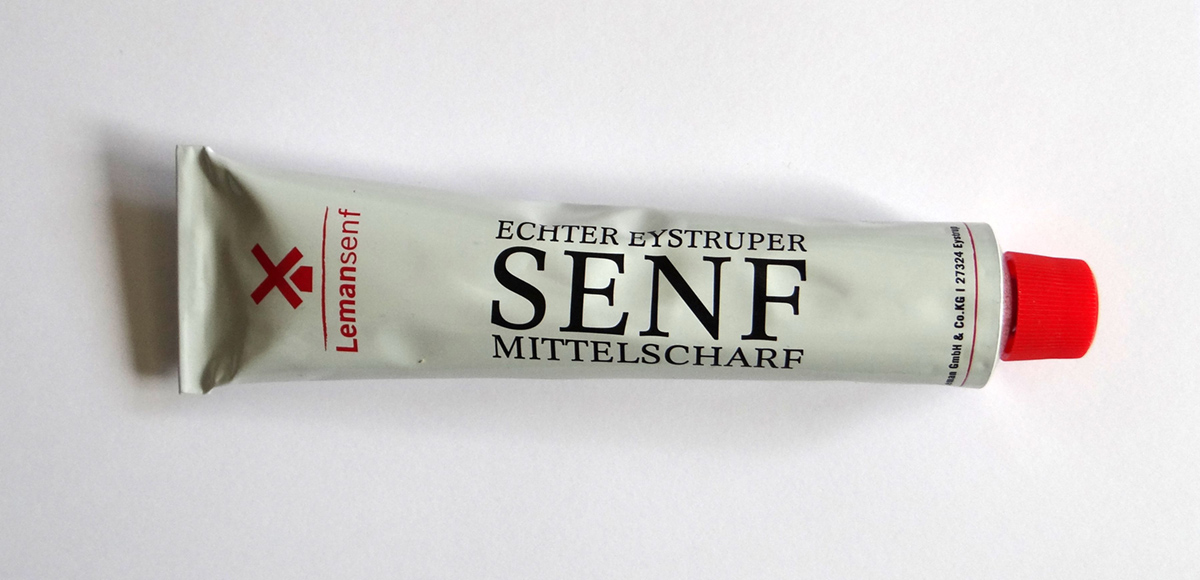
There are many ways to treat and prevent acidity, indigestion and acid reflux or GERD, and choosing the appropriate diet is one of the most effective, especially in mild cases and as a form of prevention.
What is GERD?
GERD, or gastroesophageal reflux disease, also called GORD, which stands for gastro-oesophageal disease, is a condition in which the stomach acid comes back up the esophagus. This is caused by the weakening of the lower esophageal sphincter, which is a ring-like muscle that closes the opening between the stomach and the esophagus. It normally opens to allow the food to pass to the stomach, and it permits the contents of stomach from coming back up. If the sphincter does not work properly, the contents of the stomach, including the acid, come up the esophagus and irritate its lining.
The symptoms of GERD include pain in the chest, behind the sternum, pain in the upper abdomen and sometimes regurgitation. Acid reflux may occur after strenuous activity, like weightlifting, and after eating as well. It can be aggravated by the consumption of certain foods, especially those that are spicy and fatty, as well as by consumption of alcohol and coffee and smoking as well.
Diet for GERD and acidity
The reasons why a person suffers from acidity and acid reflux can be different, depending on the individual case. However, one thing is certain - some foods are known for triggering the symptoms of GERD. The same goes for some eating habits, like overeating or irregular meals.
It is clear that a large portion of GERD treatment lies in the diet, which should be adapted to the condition. Eating smaller meals and avoiding overeating is vital in this case. It is better to divide the food into several smaller meals than to eat two or three very large meals. It is also important not to eat anything three hours before bedtime.
Vigorous activity should be avoided for at least an hour after eating, and this especially goes for activities that require bending over. In addition, it is not recommended to lie down or sleep immediately after meals.
The food should not be spicy, salty, sour, bitter or too salty. This does not necessarily mean bland foods, it is more of a guideline to avoid very intensely tasting foods. Fatty foods are to be avoided as well. Coffee, sodas and alcohol are known as triggers of acid reflux and their consumption should be cut down or avoided.
Best foods to eat are lean meats, whole grains, foods rich in fiber, like fresh fruit and vegetables, except for tomato.



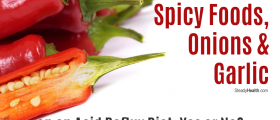

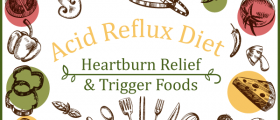
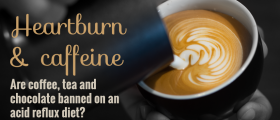

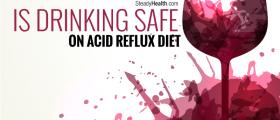



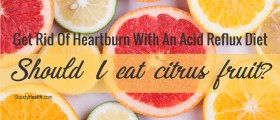
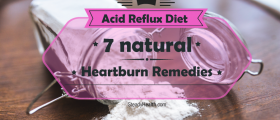
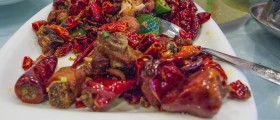

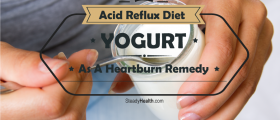
Your thoughts on this
Loading...